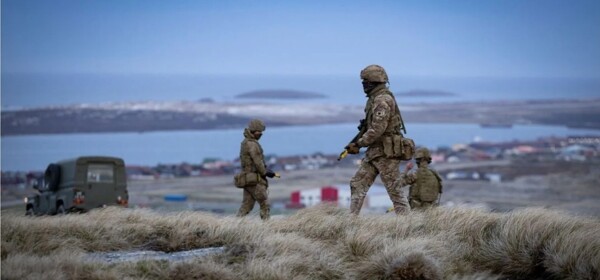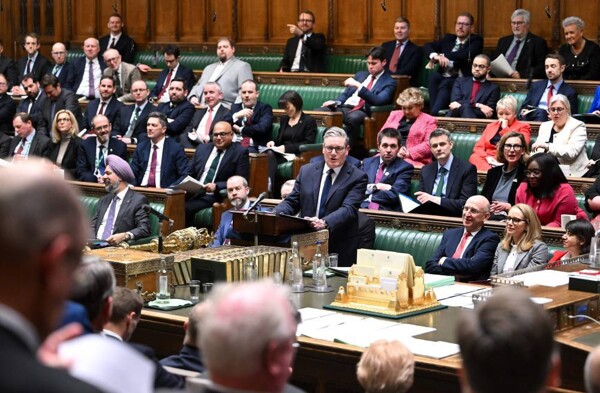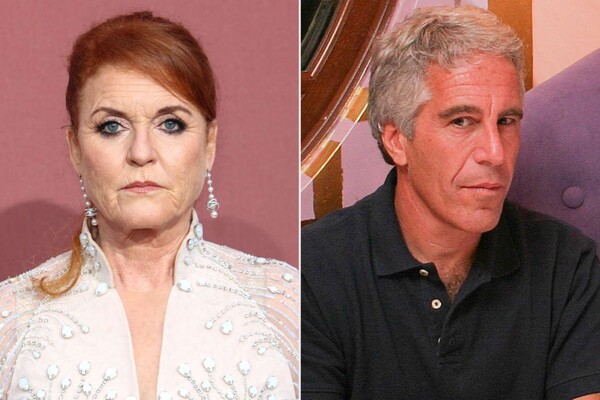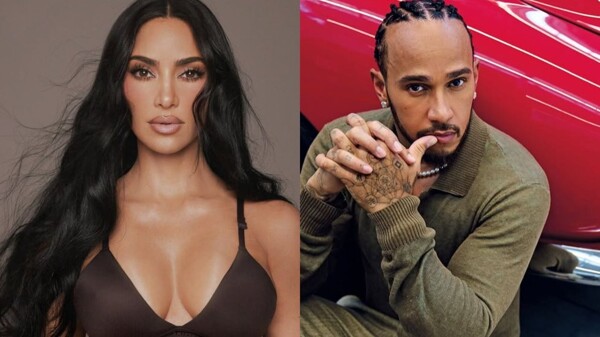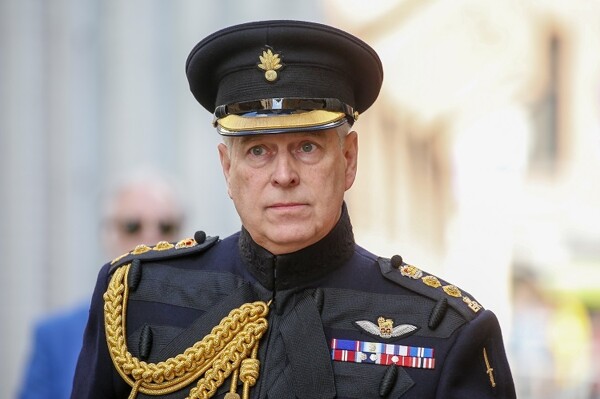The coalition of volunteers, made up of 26 allied countries along with representatives from the European Union and NATO, has begun its "operational phase" with the aim of pressuring Russia for President Vladimir Putin to negotiate an end to the war in Ukraine. Following a virtual summit called by the United Kingdom, British Prime Minister Keir Starmer announced that the military leaders of the participating countries will meet to advance possible troop deployment plans in Ukraine.
Starmer emphasized that practical work to support a potential peace agreement will be accelerated and future security for Ukraine will be guaranteed. Additionally, he mentioned that they will strengthen Ukrainian defenses and be prepared to deploy on land, sea, and air to protect Ukraine. The main objective is to increase pressure on Russia through sanctions and economic restrictions to weaken Putin and force him to negotiate.
Among the participants in the virtual summit were the President of the Government of Spain, Pedro Sánchez, and Ukrainian President Volodymyr Zelensky. Zelensky urged allied leaders to pressure Russia and expressed that the ceasefire proposed by the United States could have already begun if Putin were not actively avoiding it. Ursula Von der Leyen, President of the European Commission, supported the ceasefire agreement and called on Russia to show willingness to negotiate peace.
On the other hand, Giorgia Meloni, Prime Minister of Italy, participated in the coalition discussions and confirmed that Italy will continue to collaborate on security actions but will not send troops to Ukraine. The goal of the virtual meeting was to obtain concrete commitments to consolidate the coalition as a force for peace and pressure to end the conflict in Ukraine in the long term. The summit took place two weeks after the first in-person meeting at the London residence of Lancaster House.











